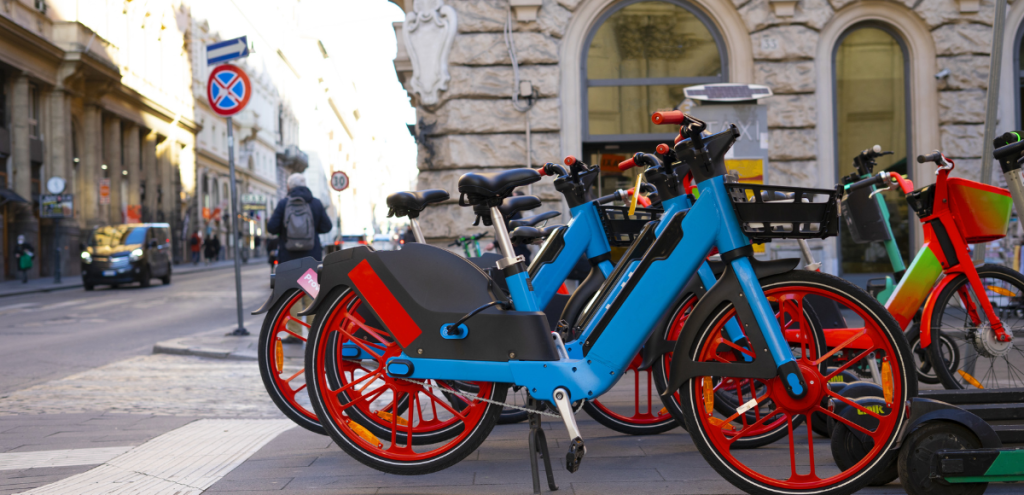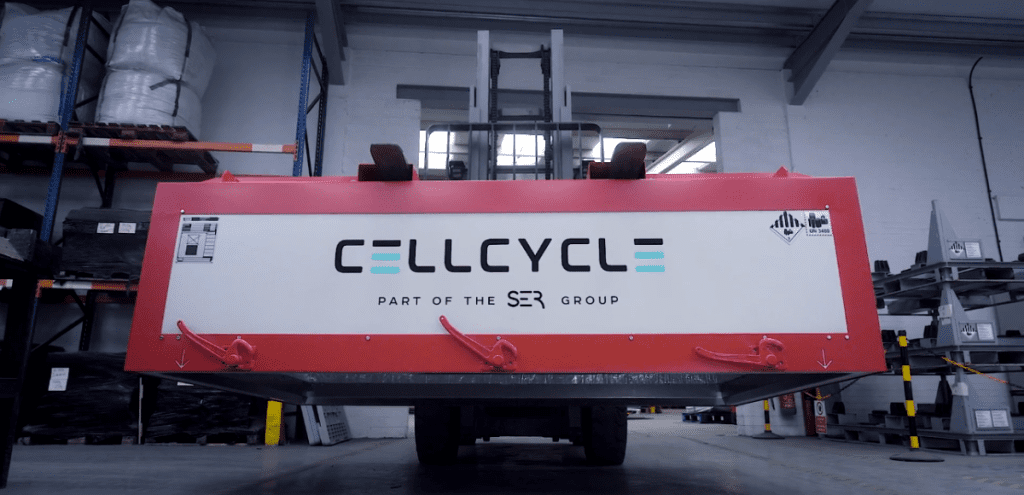E-bikes have quickly become a popular solution for urban commuting, offering a blend of convenience, efficiency, and environmental benefits. With traffic congestion and pollution being major challenges in cities, e-bikes provide a sustainable alternative for short to mid-distance travel. Compared to regular bicycles, e-bikes offer additional speed and comfort, making them particularly attractive for commuters who need to travel farther or deal with hilly terrain. Studies show that e-bikes can replace up to 50% of short car trips, reducing carbon emissions significantly and easing the strain on public transport systems (Electric Bike Reviews). E-bike usage can lead to a reduction in carbon dioxide emissions by approximately 250 grams per mile compared to cars, making them a key player in promoting eco-friendly urban transportation (Better Bike Share).
The Hidden Challenges: End-of-Life Battery Disposal
While e-bikes are celebrated for their environmental impact, there are growing concerns about the disposal of lithium-ion batteries that power them. These batteries, though efficient, pose significant risks when they reach the end of their life. If stored or disposed of improperly, they can lead to thermal events or even fires. The safety risks associated with mishandling e-bike batteries have become more pronounced, with incidents of fires and explosions rising due to poor storage or inadequate disposal (gearupebike) (Recycle Batteries).
Lithium-ion batteries contain flammable electrolytes, and their failure due to physical damage or improper disposal can lead to catastrophic outcomes. As the popularity of e-bikes grows, so does the need for proper battery management solutions to mitigate these risks.
Recycling as a Solution
To maximise the sustainability benefits of e-bikes, it’s essential that the batteries be recycled once they reach the end of their life. Recycling ensures that critical materials such as lithium, cobalt, and nickel are reintroduced into the supply chain, reducing the need for new mining and raw material extraction. Programs like Call2Recycle in the U.S. have shown the importance of such initiatives, providing e-bike users with accessible ways to safely dispose of their batteries while recovering valuable resources (Better Bike Share).
In the UK, Cellcycle offers a similar solution by focusing on the sustainable recycling of lithium-ion batteries. Through our efforts, we ensure that these critical materials are not lost, but reintroduced into the manufacturing process, helping to make e-bikes even more sustainable. By leveraging advanced recycling technology, we contribute to a circular economy where battery components are reused, minimising waste and reducing the environmental impact of e-bike production.
Cellcycle’s Commitment to Safe and Compliant Disposal
At Cellcycle, we guarantee that every lithium-ion battery is disposed of safely and in full compliance with UK regulations. As an EA Approved Battery Treatment Operator (ABTO) and Approved Battery Exporter (ABE), we ensure that all battery disposal processes meet the highest standards. Our in-house Dangerous Goods Safety Adviser (DGSA) oversees the safe collection, packaging, and transportation of batteries, ensuring that they are shipped for refining in the safest way possible.
Through our partnerships with the UK’s largest refining networks, we make sure that the materials recovered from your e-bike battery are reintroduced into the global supply chain, contributing to a greener, more sustainable future.
Innovating for a Greener Future: The UK’s Closed-Loop Recycling Route
We are helping the development of one of the UK’s first closed-loop recycling routes for lithium-ion batteries. This innovative project, supported by Innovate UK and in collaboration with Coventry University, aims to secure the UK’s supply of secondary raw materials, which can be reintroduced into the production of new batteries. This project not only supports the local economy but also ensures that the recycling process is as eco-friendly as possible, reducing the carbon footprint associated with battery production.
With our commitment to sustainability and innovation, Cellcycle is proud to contribute to the greener future of e-bikes, ensuring that they remain a sustainable solution for urban mobility for years to come.


